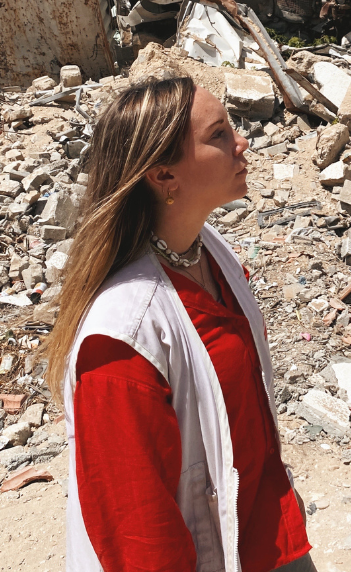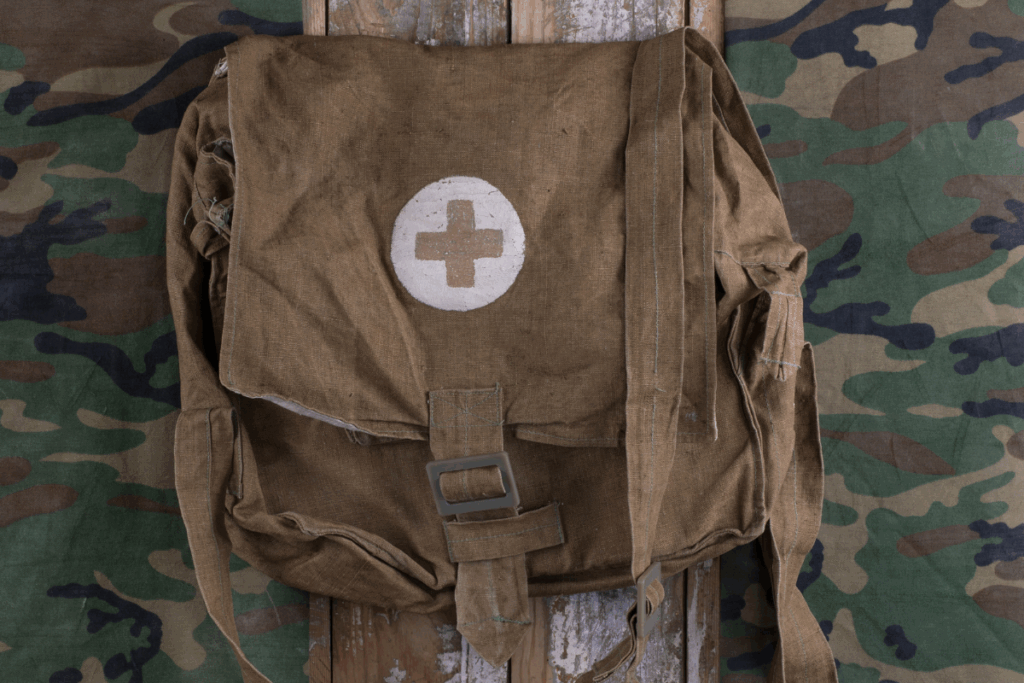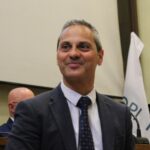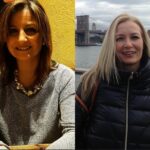Health care professionals
Marchiò and medicine without borders: between conflict and resilience
The privilege of living in a safe environment, where healthcare systems work and resources are available, is never a given. Martina Marchiò, a nurse and medical coordinator for Doctors Without Borders (MSF), is keenly aware that no place is entirely immune to crisis and conflict: «We must be prepared, because even Europe could suddenly become a setting for crises, humanitarian disasters, and epidemics».
Since 2017, Marchiò has worked in extreme environments, delivering medical aid in areas devastated by war, natural disasters, and deadly epidemics. A path that radically changed her life, it began with a mission to Kenya: «Working in a small rural hospital among tea plantations was a revelation. That’s where I realized my place would never be in an Italian hospital, but on the field, at the heart of humanitarian crises».
Starting as a nurse, Marchiò followed a path that led her to the role of medical coordinator: «Being a medical coordinator doesn’t just mean supervising doctors. It means managing all medical activities in a project, from strategy to surgical planning, from drug logistics to recruiting staff, and even institutional relations».
It’s a role that demands wide-ranging skills and the ability to handle situations that test the limits of human endurance.
Medicine without borders

In the many places she’s served – Sudan, Ethiopia, Mozambique, Greece, Mexico, and most recently Gaza – Marchiò has dealt daily with emergency medicine and extreme surgery: «We always work with the bare minimum. In Gaza especially, patients arrive torn apart by bombs. Bodies in pieces, mutilated children, entire families shattered in seconds. You have to act fast—stitch wounds, save lives—while more bombs fall around you».
Her experience in Gaza marked a before-and-after moment in her life: «Living in a place where death can come at any moment changes you deeply. Palestinian colleagues say goodbye each evening with ‘See you tomorrow—hopefully,’ because no one knows if they’ll survive the night. That kind of uncertainty stays tattooed inside you».
What Marchiò carries with her most are the faces of her colleagues. She shares the story of a Palestinian coworker who, even after losing her sister under the rubble, continues to care for her children and nieces, facing hunger, danger, and despair each day: «She refuses to leave Gaza. She told me, ‘Even if the tanks come back, I’ll stay. This is my home—they’ll have to kill me to take me away.’ In her eyes, I saw a strength unimaginable in the Western world».
Clarity in the midst of conflict
Maintaining focus and professionalism in such environments is extraordinarily difficult: «It’s a daily exercise to find balance between empathy and professional detachment. Gaza is a unique place—many experienced colleagues couldn’t take it and had to be evacuated. You can never know in advance if you’ll be able to cope».

For Marchiò, returning to conflict zones is not just about providing care—it’s also about bearing witness and raising awareness: «There are no international journalists, and the victims’ voices alone aren’t enough for the Western world. That’s why NGOs are essential: to make sure none of this happens in complicit silence».
If she could speak to her younger self, ten years before beginning this extreme journey, Marchiò would say: «Believe in yourself, dream big, and work hard. Use your privilege to do good, to speak out, to raise awareness. Most of all, trust—because there is a place in the world for you, and you will find it».The testimony of Martina Marchiò is raw, powerful, and necessary. It reminds us that no security is absolute, and that emergency surgery and crisis medicine are not concerns for far-off lands alone. Even in the seeming calm of the Western world, it is vital to remain vigilant—and humanly prepared.
































